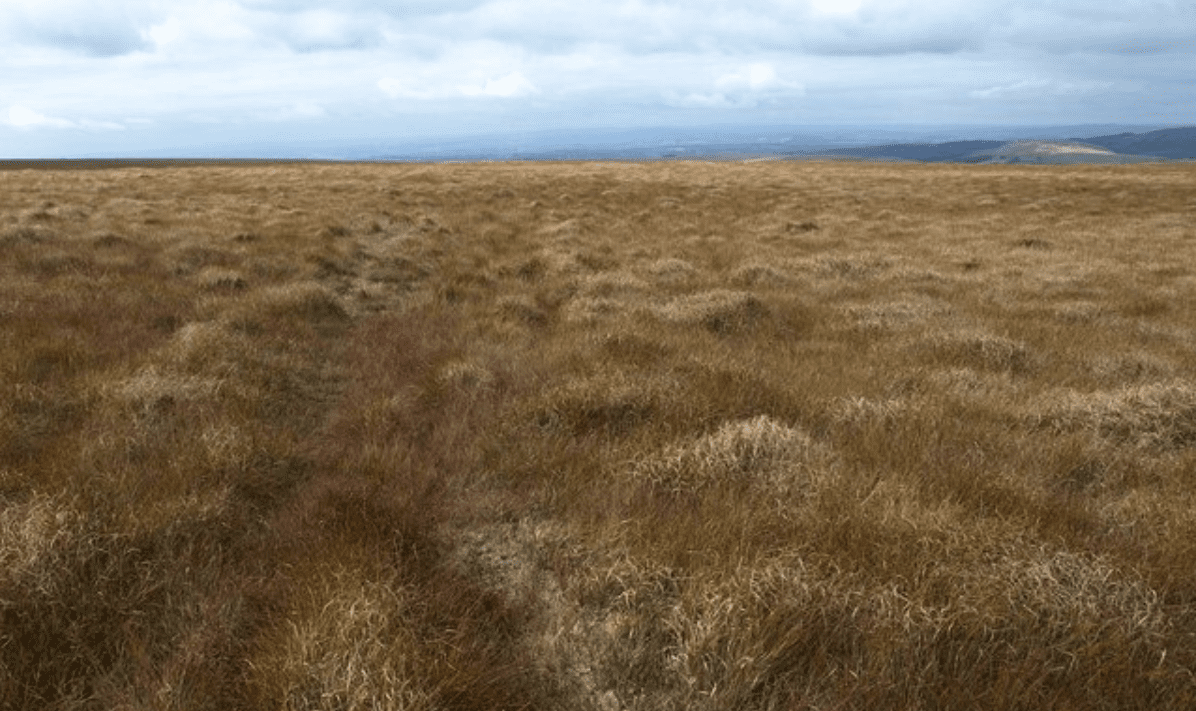An open call will be launched shortly, inviting a consortium to deliver on a new midlands rewetting project, the Department of Agriculture, Food and the Marine (DAFM) has said.
The key objective of the Midlands Carbon Catchment Study is to deliver 10,000ha of rewetting of organic soils under agricultural management.
It is anticipated that the study will focus on research and testing to investigate how to manage this particular type of land more sustainably, DAFM said.
The midlands-based study will also look at how greenhouse gas (GHG) emissions can be reduced and how farmers can be rewarded for the ecological status of their farmlands.
It is also anticipated that the study will help to inform the approach to the wider concept of carbon farming, which is currently being discussed at European level.
Midlands Carbon Catchment Study
Funding worth €15 million has been allocated by the DAFM for the Midlands Carbon Catchment Study under the Just Transition Fund in April 2023.
The DAFM is currently is funding two peatland European Innovation Partnerships (EIPs), FarmPEAT and FarmCarbon, under the Rural Development Programme 2014-2022.
It is expected that the Midlands Carbon Catchment Study, under the Just Transition Fund, once operational, will replace both EIPs currently in place from 2025.
Both EIPs were awarded a budget and time extension, recognising their importance to informing policy on the reduced management intensity of peat soils under agricultural use, the DAFM said.
The FarmCarbon project is being conducted on peatland soils in the catchment areas of the Rivers Camcor, Little Brosna and Silver in Offaly, Laois and north Tipperary.

The FarmPEAT project, which rewards farmers for environmental actions, currently includes 49 participating farmers of which 20% are undertaking rewetting action.
The project is specific to eight peatland sites: Ballynamona Bog; Clara Bog; Clonboley Bog; Cloncrow Bog; Daingean Bog; Ferbane Bog; Raheenmore; and Umeras Bog.
